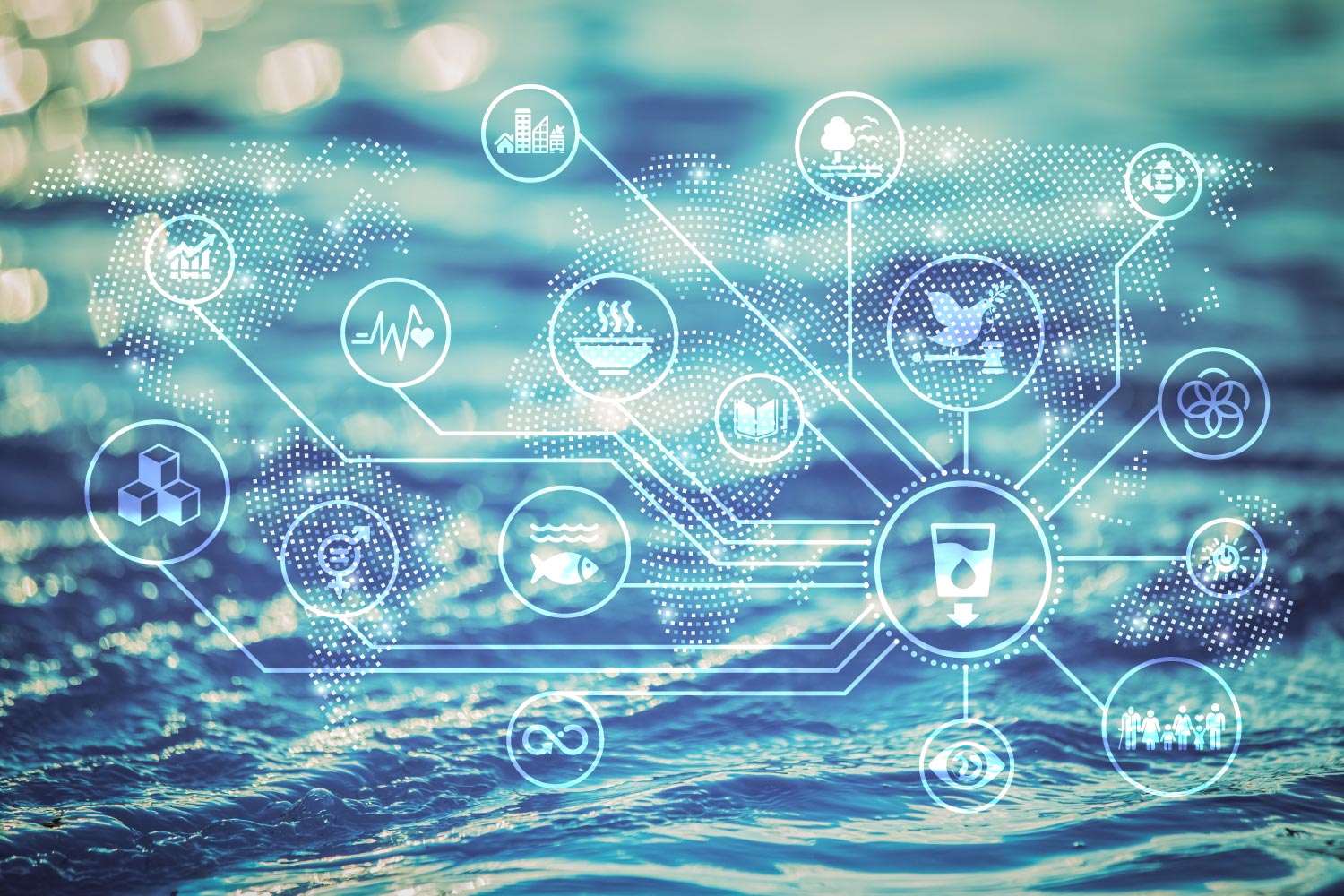About the High-Level Political Forum
The High Level Political Forum (HLPF) is the annual stocktaking on the state of the implementation of the 2030 Agenda and its 17 Sustainable Development Goals (SDGs). It is also the meeting place for UN member states to present voluntary national reports on their SDG implementation.
The theme of the 2021 HLPF is “Sustainable and resilient recovery from the COVID-19 pandemic that promotes the economic, social and environmental dimensions of sustainable development: building an inclusive and effective path for the achievement of the 2030 Agenda in the context of the decade of action and delivery for sustainable development”.
The set of goals to be reviewed is SDG 1 on no poverty, SDG 2 on zero hunger, SDG 3 on good health and well-being, SDG 8 on decent work and economic growth, SDG 10 on reduced inequalities, SDG 12 on responsible consumption and production, SDG 13 on climate action, SDG 16 on peace, justice and strong institutions and SDG 17 on partnerships for the goals.
Water in the SDGs under review in 2021:
SDG 1: No poverty
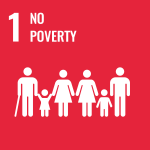
Access to clean water is one of the basic human rights and elementary to human dignity and development. Access to water, for many people, is a matter of daily survival and having a safe and reliable water supply can help to break the vicious circle of poverty.
SDG 2: Zero hunger
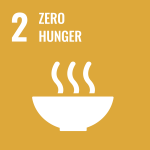
Water is central to feeding the nine billion people on this Earth. Globally, approximately 70 per cent of the freshwater used annually is in the agricultural production of food. Ensuring access to water, as well as implementing water-efficient methods that can withstand the increasingly unpredictable rainfall patterns caused by climate change, are crucial aspects of improving food security
SDG 3: Good health and well-being
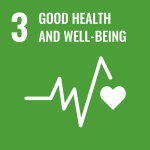
The COVID-19 pandemic clearly demonstrates that ensuring water and sanitation for all is crucial for public health as well as resilience, both on the individual and societal level. Lack of access to water, sanitation and hygiene significantly impairs human health. Of special worry is the fact that 35 per cent of healthcare facilities in low- and middle-income countries lack provisions for proper handwashing, a problem that needs addressing in order to avoid future pandemics.
SDG 8: Decent work and economic growth
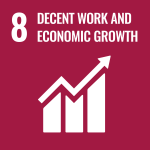
Sustainable economic growth is not possible without the sustainable use of natural resources. Global freshwater resources are finite and poor water governance has detrimental impacts on economic productivity in the long run as production will be adeversely affected by water shocks in the light on climate change. This risks undermining the availability of decent work.
SDG 10: Reduced inequalities
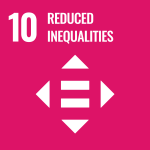
It is now universally accepted that water is an essential natural resource upon which nearly all social and economic activities and ecosystem functions depend. Sustainable development and human rights perspectives both call for reductions in inequities and tackling disparities in access to WASH services as access to clean water and sanitation is a universal human right.
SDG 12: Responsible consumption and production
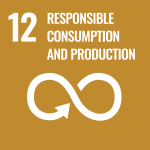
Water is a key factor for a majority of global supply chains and water demand is projected to increase from most sectors. Nearly half of the targets in SDG 12 require improved management and governance of water resources and wastewater treatment.
SDG 13: Climate action
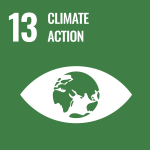
People and nature alike experience climate change primarily through impacts to the water cycle. Changes to the frequency, timing and magnitude of hydrologic events as a result of increasing temperatures are becoming the new normal. The world is at risk of experiencing a continuous rise in extreme weather events, which could destroy any developments low-income countries have made over that last decades. In 2017 alone nearly 100 million people were directly affected by natural disasters, 78 per cent of which were the result of floods, storms or drought. Water therefore needs to be a central part of all climate strategies. Currently, we do see that water is prioritised in many NDCs that address adaptation, and that its role for mitigation is becoming more acknowledged.
SDG 16 Peace, justice and strong institutions
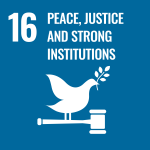
Water is a resource shared by all and water cooperation can be an important factor in strengthening political stability and peace. At the international level, established water cooperation systems in shared river basins can be a critical feature of international cooperation and of the pursuit for solutions to transboundary problems.
SDG 17: Partnerships for the goals
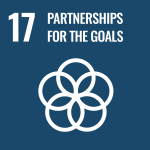
The SDGs can only be reached through partnerships and joint efforts across geographical and societal boundaries. It is crucial that disadvantaged groups are better represented in decision-making processes to ensure that through the Agenda 2030 process, the UN provides even greater leadership, guidance and facilitates dialogues between member states and other stakeholders.
Water and the 2030 Agenda
In 2015, the global community launched the 2030 Agenda, with 17 Sustainable Development Goals (SDGs) that should be reached by 2030. Some progress has been made, but for most of the goals, the world is not on track to meet the deadline. Water can help us do better.
More on this Topic